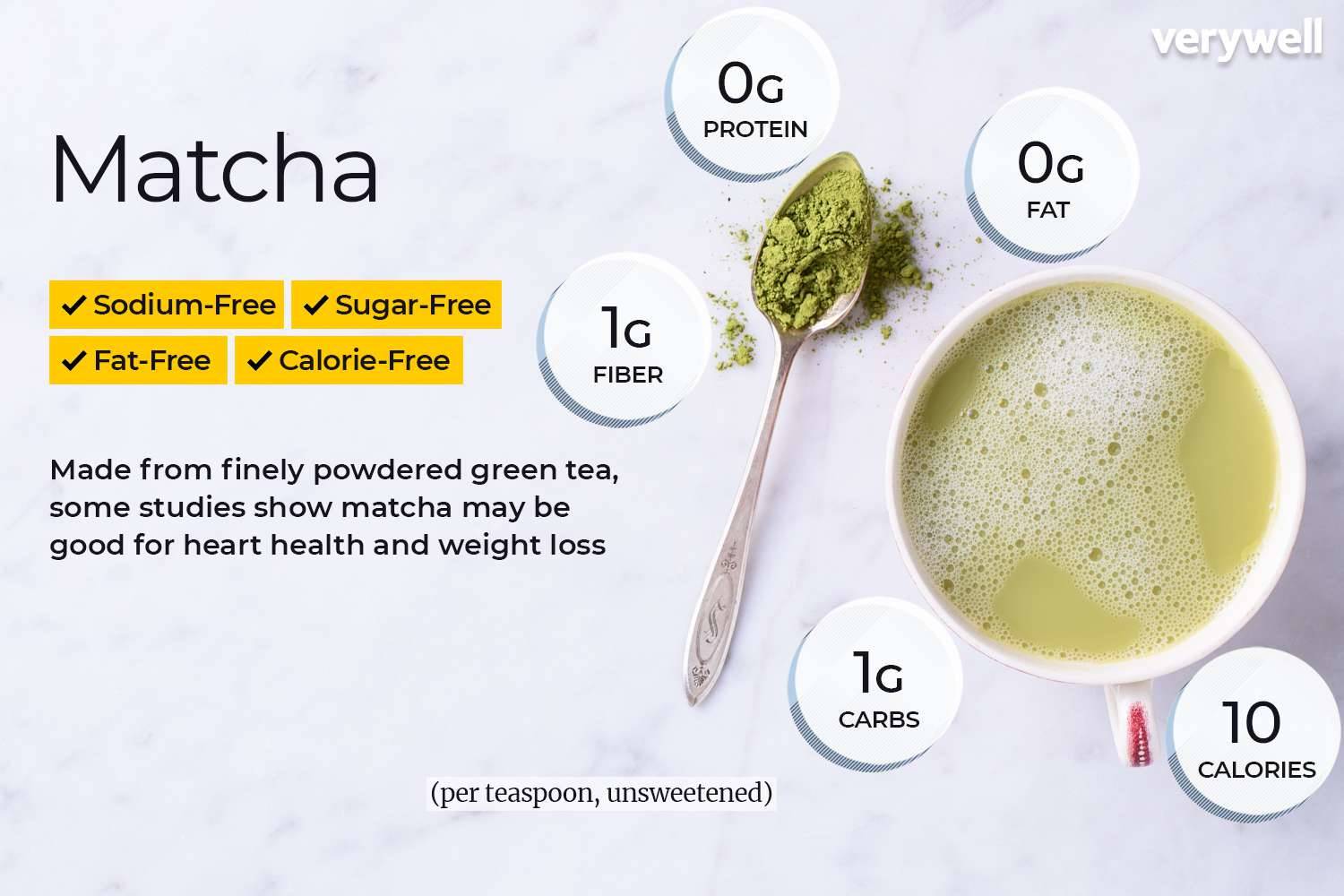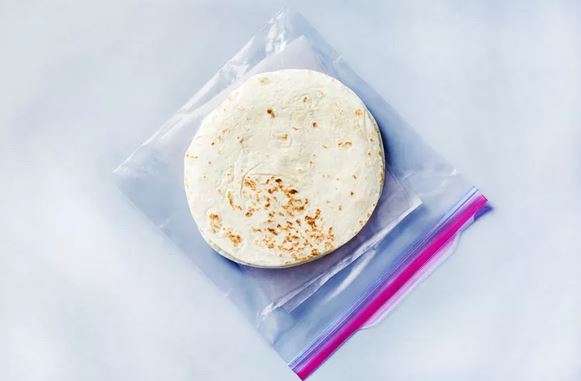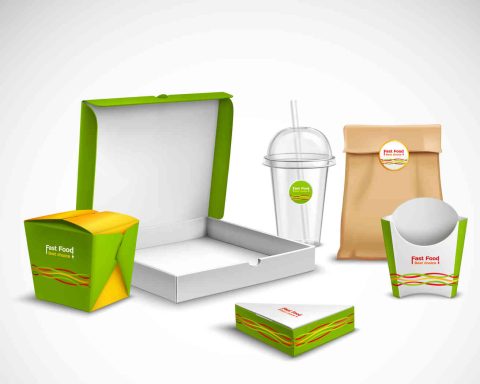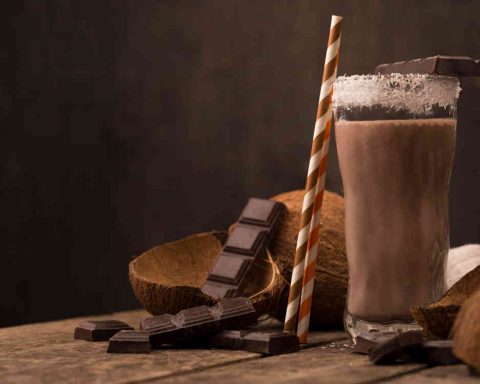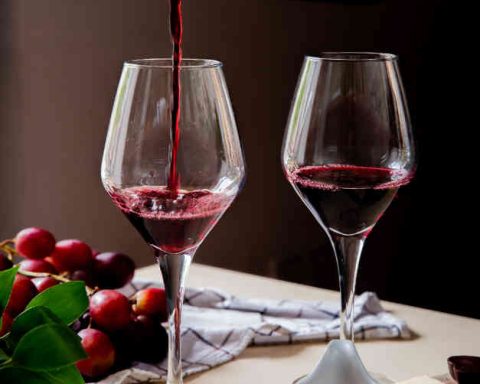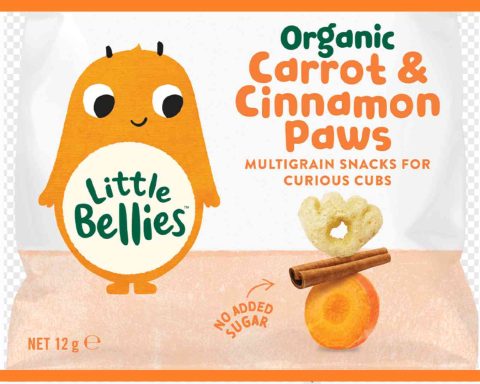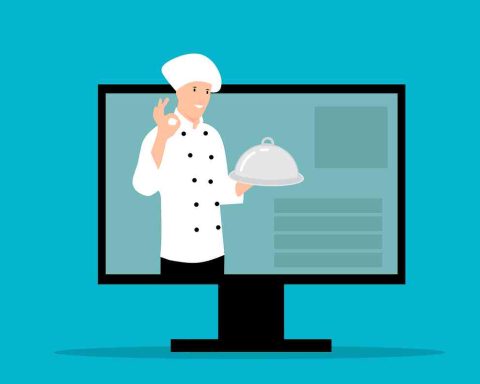Matcha is a finely ground powder made from specially grown and processed green tea leaves. Originating from Japan, matcha has been deeply intertwined with ceremonial tea rituals for centuries. Its vibrant green hue results from the tea plants being shade-grown, leading to increased chlorophyll production. This unique process differentiates matcha from standard green tea, where leaves are typically steeped and then discarded. Dump Truck Coffee Blog is the go to place for coffee lovers to get all the information about drinks and caffeine.
In recent times, matcha’s global popularity has soared, making its way into cafes and specialty tea shops around the world. One of its alluring traits is the manner in which it’s consumed—instead of brewing and discarding tea leaves, with matcha, you ingest the whole leaf. This not only offers a unique flavor—a delightful blend of earthy and sweet notes—but also an array of health benefits stemming from consuming the entire tea leaf.
How Much Caffeine Does Matcha Have?
A cup of matcha packs a punch when it comes to caffeine. Typically, a regular cup might contain anywhere from 30 to 70 milligrams of caffeine, depending on factors like the quality of the matcha and its preparation. This higher caffeine content in matcha, as compared to other teas, is attributed to consuming the entire leaf.
Does Matcha Have More Caffeine Than Coffee?
There’s often a debate among caffeine enthusiasts: does matcha or coffee reign supreme in caffeine content? While an average brewed coffee cup can boast around 95 milligrams of caffeine, matcha, gram for gram, can contain more caffeine than both black tea and coffee. It’s crucial for consumers to understand this, especially if they’re sensitive to caffeine or if they’re considering swapping their morning coffee for a cup of energizing matcha.
How Much Caffeine Is In A Starbucks Grande Matcha?
When you saunter into a Starbucks and order a grande matcha, you’re looking at approximately 80 milligrams of caffeine. This figure, of course, may vary slightly based on specific preparations and other added ingredients. But generally, when you order that grande size, you’re consuming a substantial caffeine dose.
How Much Caffeine Is In A Starbucks Iced Matcha?
Caffeine consistency is the name of the game at Starbucks. When you opt for an iced matcha, even in the refreshing grande size, you’re consuming around the same 80 milligrams of caffeine as its warm counterpart. Starbucks ensures a consistent experience for their patrons, whether they’re in the mood for a hot drink on a cold day or a cold beverage in the summer heat.
How Much Caffeine Is In A Starbucks Matcha Green Tea?
Diving into the Starbucks menu, it becomes evident that their matcha green tea—whether iced or hot—holds its ground in caffeine content. With a typical grande size hovering around 80 milligrams of caffeine, it’s clear that Starbucks is offering a matcha drink that provides both flavor and a decent caffeine kick.
Does A Matcha Latte Have Caffeine?
A matcha latte, a delightful blend of matcha powder and milk, certainly comes with its caffeine perks. When you dive into this creamy drink, you’re looking at a caffeine content ranging between 30 to 70 milligrams per cup. This variance is largely dictated by the preparation method and the amount of matcha used.
Does Iced Matcha Latte Have Caffeine?
When the sun is blazing, and you’re craving something cold with a kick, an iced matcha latte might just be your best bet. And yes, it’s caffeinated. The caffeine content mirrors its warmer counterpart, driven mainly by the quantity of matcha powder stirred into the drink.
Does Matcha Powder Have Caffeine?
Ground from the entirety of the green tea leaf, matcha powder is inherently caffeinated. In fact, its caffeine concentration surpasses that of standard green tea bags. This makes it a versatile ingredient, not only for its flavor and health benefits but also for the energy boost it provides.
Starbucks and Matcha
Is Starbucks Matcha High In Caffeine?
Compared to other teas and drinks on their expansive menu, Starbucks’ matcha drinks often stand out in caffeine content. Drinks like the matcha green tea latte typically contain around 80 milligrams of caffeine for a grande size, placing it higher than many of their other tea-based offerings.
Where Does Starbucks Get Their Matcha?
Starbucks, committed to delivering a consistent and quality experience, sources its matcha from suppliers that meet their rigorous standards. Their specific blend combines matcha powder with sugar, curating a drink that strikes a balance between traditional matcha and the palates of a global audience.
Does Starbucks Matcha Have Caffeine?
Certainly! Any matcha-infused concoction from Starbucks, be it a latte or a matcha lemonade, guarantees a caffeine dose. So next time you’re choosing from the Starbucks menu, and you spot a matcha drink, know that it’s not just flavor you’re getting—it’s also a boost of energy.
Is Starbucks Matcha Healthy?
Starbucks’ matcha drinks come packed with the intrinsic benefits of green tea, from antioxidants to other micronutrients. However, Starbucks’ blend, being sweeter due to added sugar, might not fully capture the health essence of traditional matcha. It offers a balance between health and taste, making it a favorite for many, but those looking for pure matcha benefits might opt for unsweetened versions.
FAQ Section
How Much Caffeine Does Matcha Have?
Navigating the caffeine landscape, one realizes that matcha stands out. With a standard cup boasting anywhere between 30 to 70 milligrams of caffeine, it’s a potent contender in the caffeinated drink category.
Does Matcha Have More Caffeine Than Coffee?
This debate often circulates in beverage circles. By volume, coffee might seem like the winner, but when we delve deeper, comparing gram for gram, matcha often surpasses both black tea and coffee in caffeine concentration. This fact often surprises many, making matcha a fascinating alternative for those seeking a caffeine kick.
The Bottom Line
In a world of beverages, from the deep-roasted espresso to the fragrant chai tea, matcha carves out a unique niche. Its allure isn’t just in its vibrant green hue or its earthy flavor but in the potent caffeine punch it delivers. Especially in places like Starbucks, where the matcha experience is both flavorful and energizing, it’s no wonder this green powder has taken the world by storm. Whether you’re a coffee aficionado or a tea enthusiast, matcha offers a refreshing change of pace, promising both flavor and an invigorating boost.
